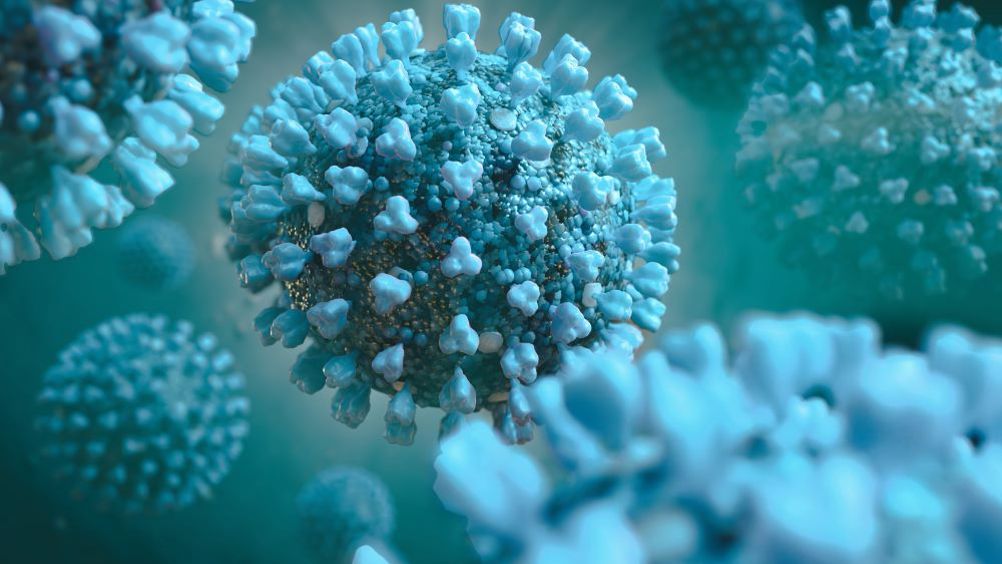The COVID-19 pandemic has highlighted the indispensable role of nurses in providing professional care and technical help to patients and their families. However, nursing science's contribution to the body of knowledge in COVID-19 management, from its unique perspective, is not fully reflected in the existing literature. A preliminary review of studies noted that nursing seems to be subsumed into the knowledge of other disciplines, and there is a scarcity of discussions that aid in the design of nursing research during the pandemic (Pereira et al, 2020).
Since the practice of nursing must be built on practice-based research evidence (Wilkes et al, 2013), identifying key research priorities to inform practice is imperative. The authors call on nurse researchers, administrators and clinicians to articulate the nursing research agenda, particularly during this pandemic. The authors are proposing priority areas for investigation that would significantly contribute to the ongoing knowledge of the management of patients with COVID-19. The five areas are as follows.
Context-specific patient responses and tailored interventions
Because of the unique characteristics of COVID-19, there is a need to better understand the sociodemographic, clinical and symptom profile of patients, which will eventually inform nursing interventions. The COVID-19 pandemic has resulted in numerous negative psychosocial responses from patients and their families, including anxiety, fear and feelings of isolation, detachment and depression.
Nursing's holistic perspective leads to the relationship-based care of patients, with shared decision-making, the nurse's authentic presence and the inclusion of spiritual elements in patients' care (Kinchen, 2015). Nurses respond to patients' feelings of uncertainty and desolation brought about by the pandemic. Describing the context-specific responses of patients and their families from diverse cultures and beliefs, and designing tailored interventions, are domains where nursing knowledge could greatly contribute to holistic care.
A safe work environment for healthcare workers
Nurses serve as the backbone of the healthcare system. They are co-ordinators and collaborators in care teams and prime movers in achieving better patient and organisational outcomes. Undeniably, the pandemic has exposed the vulnerabilities and fragmentation of healthcare delivery in many countries (Gilo et al, 2020). The pandemic has led to dangerous work environments where healthcare workers are at risk of cross-infection, burnout, fatigue, moral distress and mental health problems.
Nurses can explore the dynamics of perennial work-related problems resulting from inadequate manpower and infrastructures, and propose mechanisms to protect healthcare workers, ensure a rational and stable workforce, and restructure healthcare systems. Government investment in nursing and empowering nurses to be leaders and achieve their full potential are policy concerns.
Addressing health inequities and disparities
Communities and populations belonging to particular groups, such as those who are economically disadvantaged, elderly or from ethnic minorities, are both more vulnerable to the virus and suffer the most serious problems in accessing comprehensive COVID-19 treatment (Kantamneni, 2020). Nurses have a role as advocates for such patients, to protect and advance the needs of vulnerable population groups in acute and long-term care settings, communities, schools and industries.
Nurses have valuable contributions to make in developing equitable clinical practice guidelines and policies in COVID-19 that are responsive to individuals across the life span in different settings.
Technology-driven innovations
The pandemic has revolutionised the delivery of care, as well as the education and training of healthcare workers in a short span of time. Because of the threat of cross-infection during prolonged personal encounters, social restrictions have been put in place. Venues for patient consultations and assessments have been shifted online. Nurses have spearheaded innovations in patient care through teleconsultations, virtual visits and remote monitoring. Likewise, educational preparations for nurses have included innovative pedagogies and strategies such as the use of high-fidelity simulation, synchronous and asynchronous learning modalities, and other information and communication technologies.
The development and impact of these nurse-led technological innovations in patient care and teaching and learning have been fundamental in shaping the healthcare landscape and educational system in the ‘new normal’.
Advocacy and ethics of care
Nurses have an enduring role as patient advocates. To build up knowledge of the best ways of managing COVID-19, patients have been recruited for numerous research studies that test the efficacy of therapeutic agents against the virus. Nurse clinicians can proactively review the culture of ethics and processes in conducting clinical trials, and advance collaborative and implementation science. Navigating how participants are recruited, their experiences as subjects of these trials, and the roles of clinical nurse researchers as part of multidisciplinary research teams are important inputs in shaping health research.
The discourse in COVID-19 knowledge generation is an opportune time for the nursing scientific community to take the lead in outlining a research agenda that will transform COVID-19 care management.
‘Nurses serve as the backbone of healthcare systems. They are co-ordinators and collaborators in care teams and prime movers in achieving better patient outcomes’
Conclusion
In this article, the authors have proposed five priority areas for nursing research as a springboard for discussion. This research agenda, anchored in global and national research priorities, will better equip nurse researchers and practitioners to redefine socially relevant and responsive nursing knowledge in an ever-changing world.


